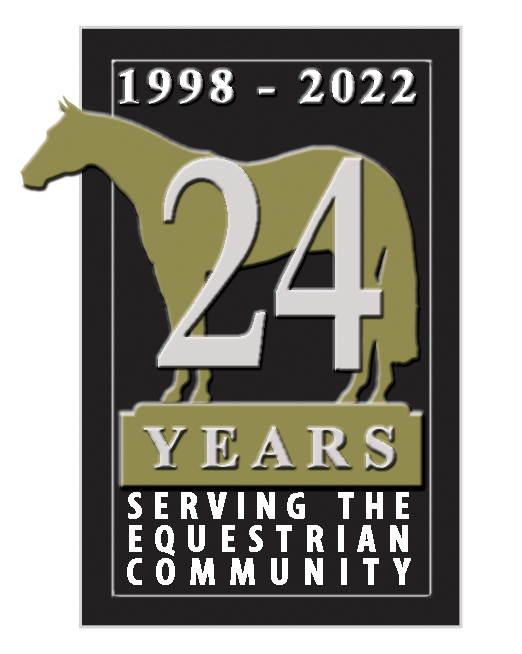
EIA Confirmed Kaufman County Horse
January 28, 2022Texas Animal Health Commission (TAHC) officials confirmed equine infectious anemia (EIA) in a Quarter Horse on a Kaufman County premises on January 20, 2022. This is the first confirmed case of EIA in Texas this year.
The horse, which resides in Kaufman County was confirmed positive for EIA after testing was performed to meet regulatory requirements. The premises has been quarantined and will not be released until the TAHC’s requirements are met. TAHC staff are working closely with the owner and local veterinarian to monitor potentially exposed horses and implement biosecurity measures.
“Last year, 59 horses tested positive for equine infectious anemia in Texas,” said Dr. Andy Schwartz, State Veterinarian. “These cases serve as an important reminder that EIA is present in our state, biosecurity and sanitary practices are invaluable, and required EIA testing for equine event participation and congregation continues to be of the utmost importance.”
What is EIA?
EIA is an incurable, infectious viral disease spread through blood-to-blood contact, not through close proximity or direct contact. The virus can be transmitted from an infected equine to an uninfected equine by biting flies. Additionally, people can play a large role in EIA transmission by using contaminated medical equipment. Needles, syringes, IV sets and medications with blood from an infected horse can spread the disease to healthy, unexposed horses.
The most common clinical sign of acute EIA is fever, which often precedes the development of other signs. In chronic cases, symptoms such as weight loss, weakness, anemia, and swelling of the lower legs, chest and abdomen may occur. Veterinarians and producers play an important role in stopping the spread of EIA and other bloodborne equine diseases by reporting sick equine.
Horse Owner must Have Current Coggins
The TAHC would like to remind horse owners that all Texas equine participating in Texas events must have a negative EIA test. This test must be performed by a private veterinarian, within the past 12 months. Equine owners who frequently participate in events with equine from other states are encouraged to speak to their veterinarians about Extended Equine Certificate of Veterinary Inspection’s (EECVIs). The TAHC allows veterinarians and horse owners the option of a six-month health certificate, if a current EIA test has been provided.
Horse owners are required to keep the EIA test document or “Coggins papers” and have them available when traveling with horses. Contact your private veterinarian for testing.
Any additional Texas EIA cases this year will be posted on the Equine Disease Communication Center (EDCC) website, www.equinediseasecc.org/alerts/outbreaks. For more information on EIA please visit www.tahc.texas.gov/news/brochures/TAHCFactsheet_EIA.pdf



